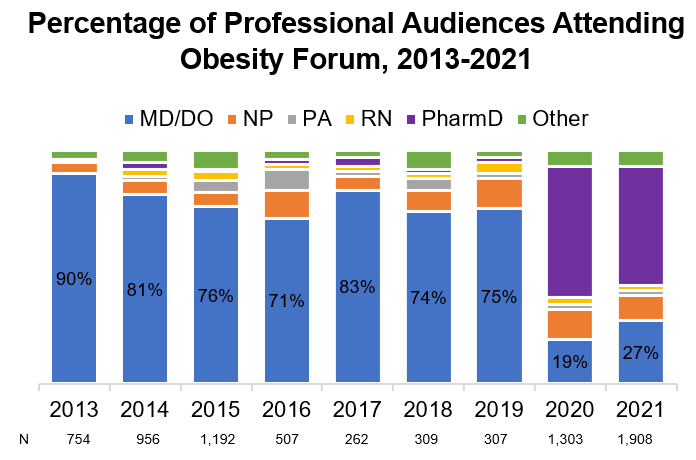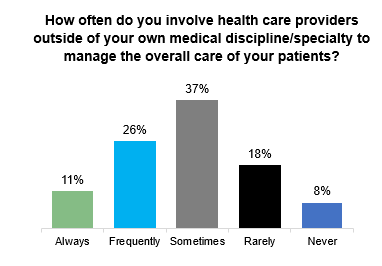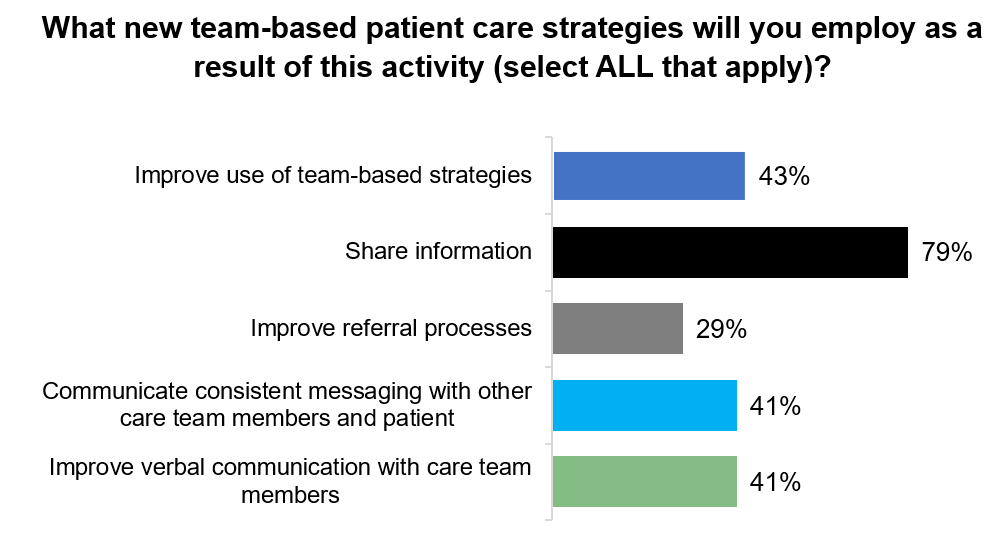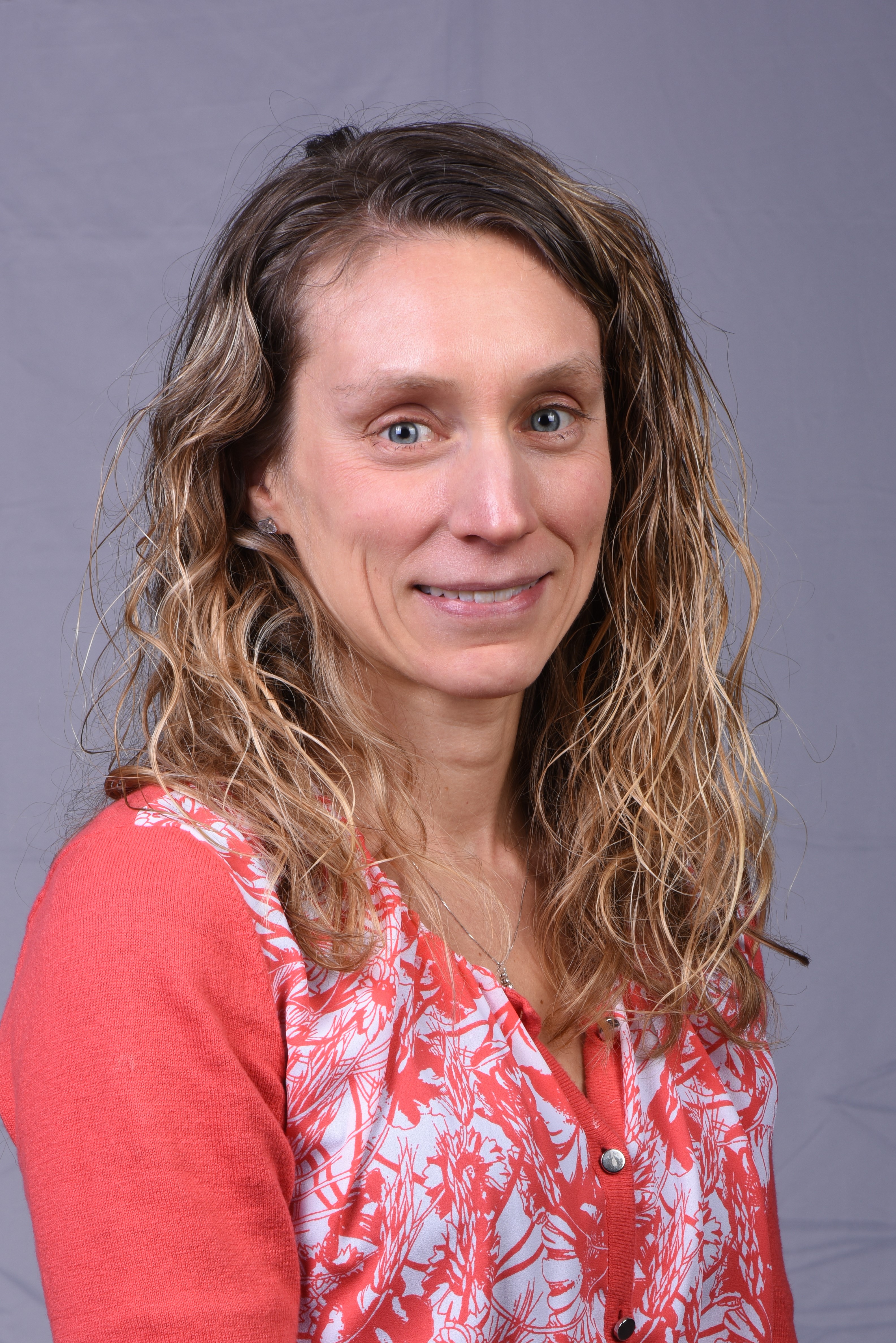The November issue of the Almanac is focused on interprofessional education. This is a timely topic for Vindico Medical Education because after over 10 years of being triple-accredited (Accreditation Council for Continuing Medical Education [ACCME] with Commendation, Accreditation Council for Pharmacy Education [ACPE] and the American Nurses Credentialing Center [ANCC]), it has been decided to pursue Joint Accreditation for Interprofessional Continuing Education.
Learner feedback has been integral in our pursuit to apply for Joint Accreditation (JA). Highlighted here is the evolution of Obesity ForumTM, a program that was started in 2013 for continuing medical education (CME) only. In 2021, Obesity Forum was designed by physicians, pharmacists and nurse practitioners, with many other professions attending the program and claiming credit.
Learning From an Interprofessional Audience
In 2013, the first Obesity Forum was a five-city meeting series designed by physicians for physicians that was offered for CME credit only. Of the attendees, 90% were physicians (Figure 1). At the time, nearly one-third of the physician attendees reported a lack of familiarity with anti-obesity medications as a primary barrier to treating patients with obesity. In 2014, there was a 9% increase in nonphysican audiences. In 2015, the percentage of physician attendees had dropped to 76%, with more than 100% increases in nurse practitioner, physician assistant, pharmacist and nursing audiences compared with the inaugural meeting series. In 2015, the number of physicians reporting comfort in prescribing anti-obesity medication had increased to 48%, and the most reported nonfinancial barrier to care was a lack of time to spend with patients.

Figure 1. Professional audiences that attended Obesity Forum 2013–2021. MD = Doctor of Medicine; DO = Doctor of Osteopathic Medicine; NP = nurse practitioner; PA = physician assistant; PharmD = Doctor of Pharmacy; RN = registered nurse.
The initial increase in nonphysician audiences led Vindico to include American Association of Nurse Practitioners (AANP) and American Academy of Physician Assistants (AAPA) accreditation in 2015. To ensure applicability of the program for these audiences, Vindico integrated content and assessment questions regarding the use of interprofessional care for the management of patients with obesity. The 2016 Obesity Forum meeting attracted 360 physician and 147 nonphysician attendees. However, only 18% of those in attendance reported using interprofessional strategies in patient management. After attending the program, 97% reported adopting such interprofessional strategies; yet year after year and city after city, we would see a similar baseline percentage of attendees who reported implementing such strategies. By 2019, it was clear that interprofessional care was underutilized for patients with obesity and a more immersive interprofessional training environment was needed.
To this end and in response to a growing number of pharmacists seeking obesity education, in 2020, Obesity Forum included pharmacists on the planning committee, and the program was also offered for continuing pharmacy education credit. The virtual event attracted 248 physicians, 730 pharmacists and 195 advanced practice providers. Of the attendees, 99% reported that the content would help them to adopt a multidisciplinary approach to patient care. In the 2021 program, which attracted a similar number of interprofessional attendees, 37% reported that they always or frequently involve healthcare providers outside of their own medical discipline/specialty to manage patient care (Figure 2).

Figure 2. Pre-activity polling highlights the high use of interprofessional care among attendees of the 2021 Virtual Obesity Forum (N=895).
In addition, post-education polling demonstrated the impact of the education on several aspects of interprofessional care. Specifically, 98% of completers plan to improve their interprofessional practices by at least one improvement (Figure 3).

Figure 3. Completers of the recent interprofessional accredited CE activity plan to improve their team-based practices (N=947).
Interprofessional Education
Spotlight on Interprofessional Education
Discussion
The evolution of Obesity Forum to an interprofessional accredited CE program aligns with the increasing use of interprofessional collaboration in healthcare and highlights the need for interprofessional communication and teamwork to optimize patient outcomes. Approximately 35% of attendees of the latest series are already always or frequently engaging an interprofessional care team to optimize patient care. With obesity being a chronic condition, this response is not surprising because patients with chronic conditions are managed by multiple healthcare providers for their lifetime. As Vindico continues to provide necessary content for multiple professions within the healthcare team, it will be interesting to observe whether an even more diverse interprofessional audience, including registered dieticians and/or psychologists, seek out this program in the future. Under JA, Vindico can simplify the learning experience for such learners.
Vindico has been educating on interprofessional topics for years without JA. The data presented here demonstrate that when multiple professions are included in the planning process, interprofessional practice patterns are impacted. While only one case study is presented here, we have numerous other historical programs that have shown a similar trend in attracting interprofessional attendees. Going forward, it is our goal to identify opportunities for interprofessional education and include these audiences not only in the planning stages but in the content development and/or delivery as appropriate. Our shift to JA will simplify the design and delivery of these programs for the health care team by the healthcare team.
 Faith J. Bantivoglio is the senior director, office of medical affairs and compliance, for Vindico Medical Education. Bantivoglio provides the Vindico staff with directions for compliance with the Standards for Integrity and Independence in Accredited Continuing Education and the planning of CE activities. Bantivoglio played an integral role in the self-study processes which resulted in Vindico’s receipt of ACCME Accreditation with Commendation in March 2011 and again in March 2017. She is currently spearheading the application process for Vindico to obtain Joint Accreditation for Interprofessional CE.
Faith J. Bantivoglio is the senior director, office of medical affairs and compliance, for Vindico Medical Education. Bantivoglio provides the Vindico staff with directions for compliance with the Standards for Integrity and Independence in Accredited Continuing Education and the planning of CE activities. Bantivoglio played an integral role in the self-study processes which resulted in Vindico’s receipt of ACCME Accreditation with Commendation in March 2011 and again in March 2017. She is currently spearheading the application process for Vindico to obtain Joint Accreditation for Interprofessional CE.
 Katie Robinson, PhD, CHCP, is the senior director, outcomes and analytics, for Vindico Medical Education. Robinson leads the analysis of engagement, experience and impact data from all programs provided by Vindico. She uses this data to highlight key findings, elucidate persisting educational needs and inform the development of future CE. She is also committed to dissemination critical findings in appropriate outlets such as presentations and publications.
Katie Robinson, PhD, CHCP, is the senior director, outcomes and analytics, for Vindico Medical Education. Robinson leads the analysis of engagement, experience and impact data from all programs provided by Vindico. She uses this data to highlight key findings, elucidate persisting educational needs and inform the development of future CE. She is also committed to dissemination critical findings in appropriate outlets such as presentations and publications.